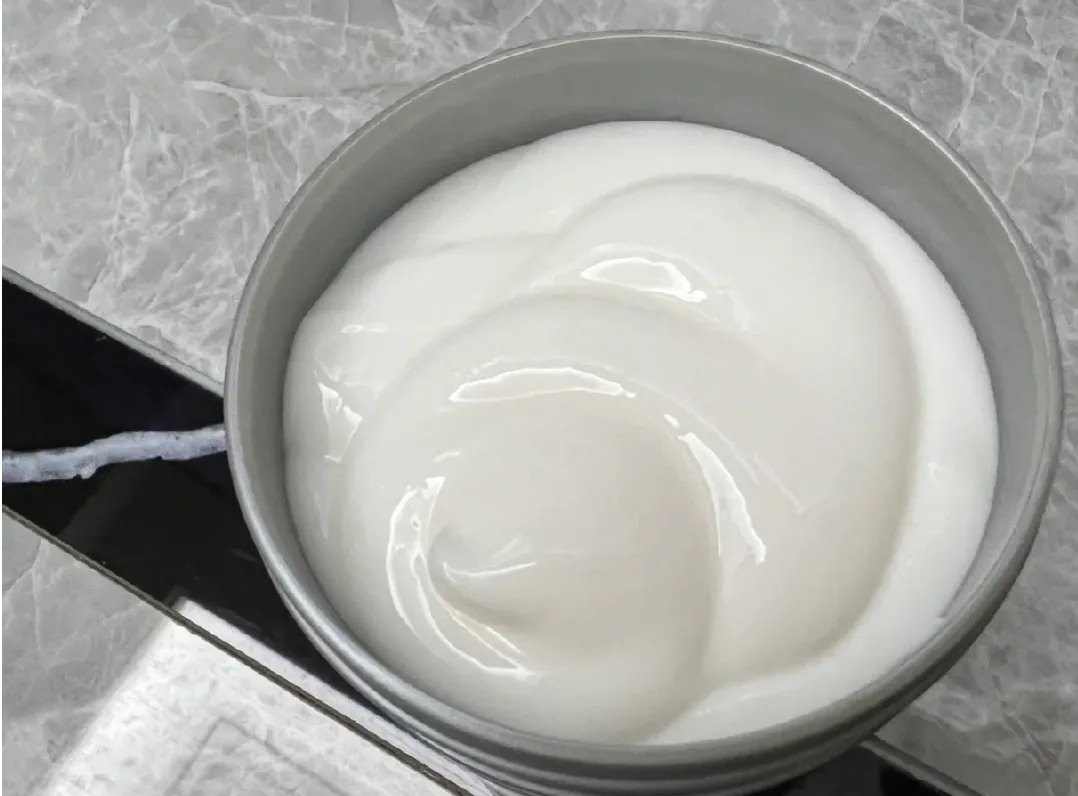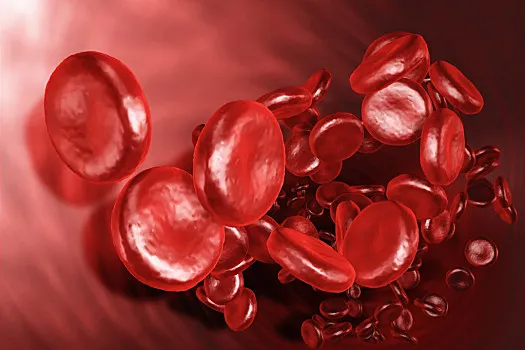
Hydroxypropyl Starch Phosphate: A Star Ingredient in Hair and Skincare Formulations
In the ever-evolving world of cosmetic and personal care ingredients, hydroxypropyl starch phosphate has gained popularity for its multifunctional role in product formulation.

What Is Hydroxypropyl Starch Phosphate and Why Is It Popular?
Derived from natural starch, it is chemically modified to improve stability, film-forming ability, and compatibility with other ingredients. Its biodegradable nature and gentle skin interaction make it a sustainable alternative to synthetic polymers.
One of its most well-known food-grade relatives is hydroxypropyl distarch phosphate E1442, a modified starch used as a stabilizer and thickener in sauces, soups, and processed foods. While its culinary uses are well-documented, its cosmetic potential has taken center stage in recent years.
In particular, hydroxypropyl starch phosphate for hair has revolutionized how brands formulate hair products. It improves texture, reduces frizz, and provides a smooth, soft finish to both straight and curly hair types. Its conditioning properties make it a valuable component in leave-in treatments, serums, and styling products.

The Role of Hydroxypropyl Starch Phosphate in Hair Products and Curly Hair Care
Haircare brands now widely adopt hydroxypropyl starch phosphate in hair products to deliver lightweight conditioning without heaviness or buildup. This starch-based polymer forms a flexible film on the hair shaft, enhancing shine and moisture retention without compromising volume.
When targeting curl-enhancing products, hydroxypropyl starch phosphate curly hair formulas are especially valuable. For curly and coily hair types, this ingredient helps define curls while controlling frizz and maintaining softness. Unlike silicones, which can weigh hair down or cause buildup, hydroxypropyl starch phosphate hair formulas offer a cleaner, plant-based alternative with excellent rinse-off properties.
Alongside this, sodium hydroxypropyl starch phosphate—a water-soluble salt derivative—enhances the ease of formulation in shampoos and conditioners. It works well in both rinse-off and leave-on products, stabilizing emulsions and improving the texture and application feel.
Another noteworthy ingredient is hidroksipropil fosfat, often found in advanced formulations alongside hydroxypropyl starch compounds to enhance emulsification, improve sensory properties, and reduce product greasiness.
Other Modified Starches: From Medical to Cosmetic Use
In pharmaceutical contexts, 6 hydroxyethyl starch is widely known for its use in IV solutions as a plasma volume expander. While not used in cosmetics, its presence in the starch modification category underscores the breadth of functionality starch-derived ingredients can offer across industries.
From food (like hydroxypropyl distarch phosphate E1442) to personal care, modified starches provide a safer, more sustainable approach to stabilizing and improving product performance.
Whether enhancing a curl cream’s hold or replacing synthetic film formers in a styling gel, hydroxypropyl starch phosphate serves as a bridge between natural origin and advanced performance—one of the key goals in modern cosmetic formulation.
Frequently Asked Questions (FAQs)
1. What is hydroxypropyl starch phosphate used for in haircare?
Hydroxypropyl starch phosphate for hair improves softness, reduces frizz, and adds lightweight conditioning. It's commonly found in creams, masks, and leave-in products.
2. Is hydroxypropyl starch phosphate good for curly hair?
Yes! Hydroxypropyl starch phosphate curly hair products help define curls, reduce flyaways, and provide moisture without heavy buildup, making them ideal for curly and textured hair types.
3. What does sodium hydroxypropyl starch phosphate do in formulations?
Sodium hydroxypropyl starch phosphate improves solubility and formulation stability in both water-based and emulsified personal care products.
4. Is hydroxypropyl phosphate the same as hydroxypropyl starch phosphate?
Not exactly. While related, hidroksipropil fosfat often refers to a different functional group used in emulsifiers, whereas hydroxypropyl starch phosphate is a starch-based conditioning agent.
5. What is hydroxyethyl starch and is it used in cosmetics?
6 hydroxyethyl starch is primarily used in medical IV fluids, not cosmetics. However, it highlights how modified starches can serve both pharmaceutical and cosmetic needs.
-
Understanding Redispersible Polymer Powder: Types, Market Trends, and Manufacturer InsightsNewsJun.27,2025
-
Redispersible Polymer Powder Types, Applications and Market TrendsNewsJun.27,2025
-
Polyvinyl Alcohol in Construction: Properties, Usage, and Industry TrendsNewsJun.27,2025
-
Modified Starches in Cosmetics, Food, and Medicine: A Spotlight on Hydroxypropyl and Hydroxyethyl DerivativesNewsJun.27,2025
-
Gypsum Retarder Chemicals: Extending Working Time for Professional ResultsNewsJun.27,2025
-
Uses Properties, and Market Insights for Construction and Industrial ApplicationsNewsJun.26,2025





















